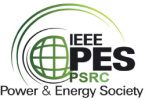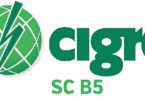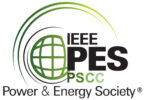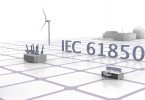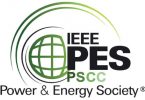by Craig Palmer, PowerComm Solutions, USA
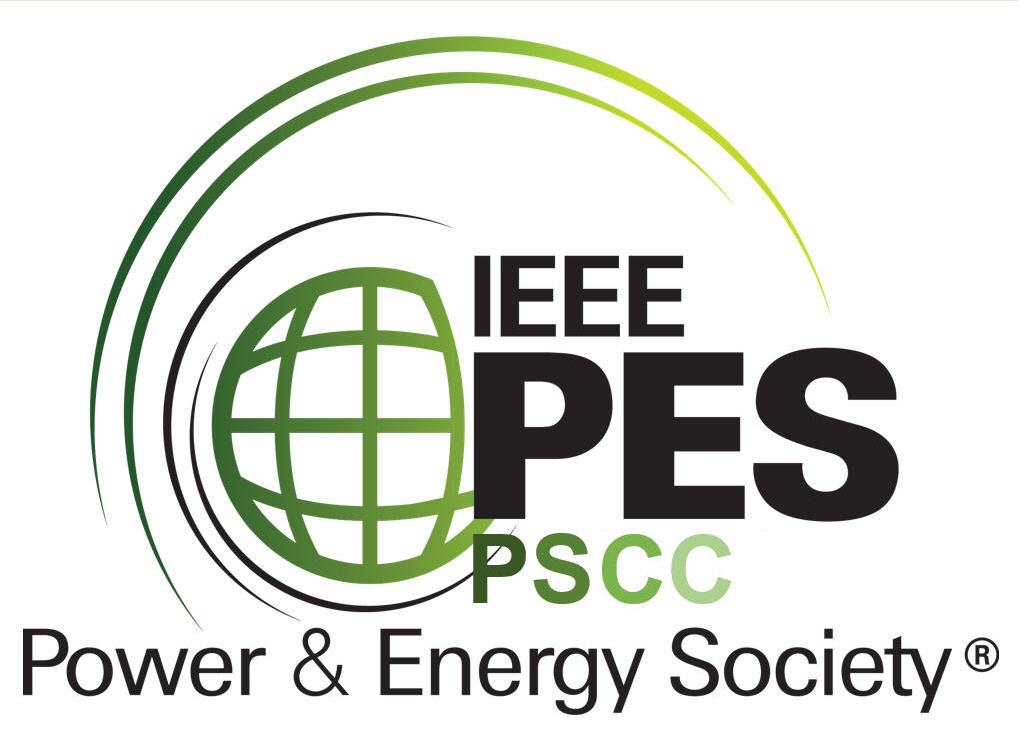
Around the time of this column’s publication, the IEEE Power & Energy Society’s Power System Communications & Cybersecurity Committee (PSCCC) is meeting in Scottsdale, Arizona for their last of their triannual meetings for 2024. Following are some highlights of recent PSCCC activity, some of which will be discussed or moved forward at the September 2024 meeting.
Recently Published PSCCC Reports: The IEEE PES Resource Center is a repository of information for power industry professionals. Free to PES members, the technical reports section [https://resourcecenter.ieee-pes.org/publications/technical-reports] contains a wealth of high-level information on recent topics in Power and Energy. Below is a reminder of recent reports published, and soon to be published, by PSCCC working groups:
- IT/OT Challenges and Opportunities to Improve Cyber Resiliency For Utilities (TR-103) published October 2023, Chair: Theo Laughne
- Report on Analog Leased Line Withdrawal of Service and Transition Options for Power System Applications (TR-116) published March 2024, Chair: Marc Benou
- Utility & Municipality Challenges on Analyzing and Implementing Cybersecurity Standards and Best Practices (TR-[TBD]) coming soon! Chair: Jeff Pack
IEEE-DOE Software Bill of Materials (SBOM) Collaboration: Working Group S17 of the Cybersecurity Subcommittee (S0) of the PSCCC is exploring energy sector use cases for SBOM. The group recently hosted a webinar in collaboration with the Department of Energy (DOE) Office of Cybersecurity, Energy Security, and Emergency Response (CESER) and the Department of Homeland Security’s (DHS) Cybersecurity and Infrastructure Security Agency (CISA). The webinar included discussions on relevant material from cybersecurity research experts and policy makers, as well as panel discussions with experts from government and industry. This is a fine example of PSCCC collaboration with external entities and highlights the national demand for the expertise (and experts!) at the PSCCC.
IEEE-P1952 IEEE Standard for Resilient Positioning, Navigation and Timing (PNT) User Equipment: In response to global threats to the reliability of position, navigation and timing systems like the Global Positioning System (GPS), IEEE has undertaken development of a new standard to define resiliency of these systems. PSCCC has several participants involved in the development of this new and important standard. Ken Fodero, PSCCC Past Chair, is one notable participant; Scott Mix, Cybersecurity Subcommittee (S0) Chair at the PSCCC, and Jeff Dagle, PSCCC participant, both of Pacific Northwest National Labs (PNNL), are also involved in this work. In pursuit of a standard for resiliency of PNT systems, PSCCC has developed use cases based on wide-area monitoring and protection and control (WAMPAC), synchrophasors, and timing requirements, which will be used to help validate the performance and resiliency of PNT. This is the first use case to get to this level.
PSCCC Governing Documents: The Main Committee of the PSCCC recently (May 2024) approved a new Technical Committee Operations & Procedures Manual. The document harmonizes with recently approved Committee Policies & Procedures (P&P) and Working Group P&P documents. Thanks to PSCCC Past Chair Craig Preuss for leading the effort to get this document updated!
PES-related updates: The PSCCC submitted 5 papers for consideration for the IEEE PES Grid Edge Technologies Conference, January 21-23, 2025 in San Diego, CA. The PES General Meeting of 2025 will be held from July 27-31, 2025 in Austin, TX. The conference theme is Achieving Deep Decarbonization in the Electric Power System and will include one tutorial session from the PSCCC.
IEC 61850: The PSCCC has several groups (and many professionals) involved in work related to IEC 61850. If you are involved in this new technology and looking to contribute expertise while learning from other industry experts, the IEEE PES PSCCC is a great place to be. Work is underway to investigate mapping between IEC 61850 and IEEE-1815 (DNP3), mapping between C37.118.2 and IEC-61850, beginner’s guide to IEC-61850, revising IEC 61850-9-3-2016 (PTP profile), securing GOOSE messages, and more. Check in with the P0 subcommittee or the S0 subcommittee for more information on this great work.
And as always, be sure to follow @IEEE_PES_PSCC on Twitter and IEEE-PES-PSCC on LinkedIn for other news and announcements from the Committee!
Biography:

Craig M. Palmer received his Bachelor of Science in Electronics & Computer Engineering from the New Jersey Institute of Technology (NJIT) in 2011. He has worked on power system protection and communications since then, first with RFL Electronics in Boonton, NJ. He is presently Lead Application Engineer at PowerComm Solutions, where he focuses on Power Line Carrier applications for high-speed transmission line protection schemes. He is a participant in the IEEE Power System Relaying & Control Committee (PSRC), a member of the Power Line Carrier subcommittee (C0) in the Power System Communications & Cybersecurity Committee (PSCCC), present Secretary of the PSCCC, and a Senior Member of IEEE.




